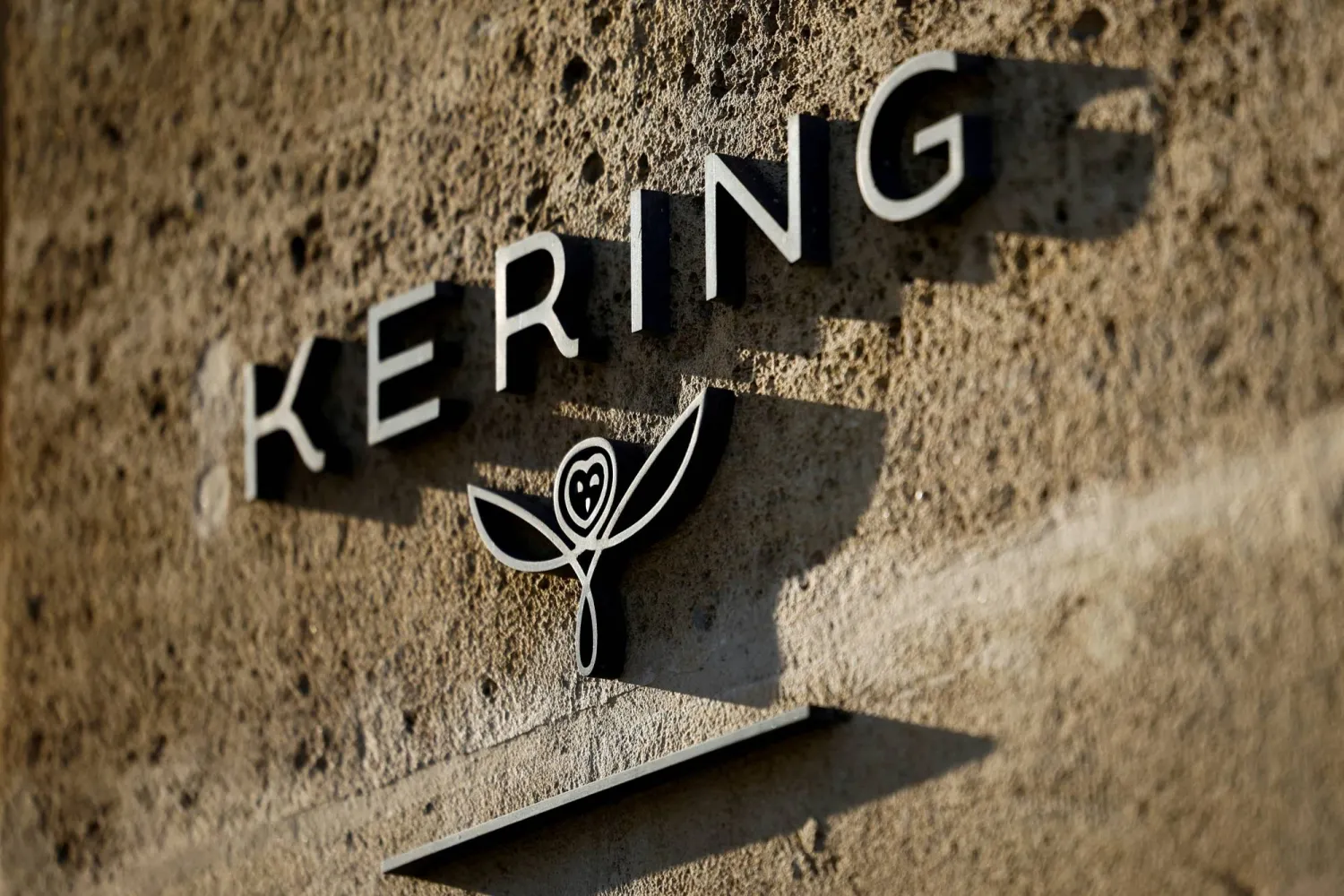Alsharq Tribune- World Today
A sweeping new European Union regulation aimed at curbing deforestation is sending shockwaves through the global cocoa industry, forcing African farmers to rethink their long-standing economic ties with Europe.
The EU Deforestation Regulation (EUDR), set to take full effect by 2025, requires that commodities like cocoa, coffee, and palm oil be traceable back to their exact source to ensure they are not linked to deforestation.
While European policymakers tout the law as a necessary step in the fight against climate change, many African farmers — who have cultivated cocoa for generations — argue that it imposes further financial burdens on small-scale producers and could inadvertently disrupt traditional, sustainable farming practices.
Meanwhile, as profits in the chocolate industry surge in Europe, corporations are telling African farmers that if they fail to comply with the new regulation, they will lose access to the European market.
With their livelihoods on the line, a growing movement of African farmers are challenging both the new rules and the long-standing economic imbalance that has seen Africa supply raw materials, while Europe reaps the rewards of production
“I produce chocolate to show policymakers that we can add value,” says Leticia Ama-Kowoa Yankey, the founder of Mmaa Cocoa in Ghana. “We must make the farmer live well.”
Ms Yankey, and a collective of women, are pioneering small-scale chocolate production in Ghana, aiming to break free from an economic model that has historically enriched foreign corporations at the expense of African farmers.
“We call ourselves Cocoa Mmaa — women in cocoa production,” she explains. “People think it’s men who produce cocoa, but the real work is done by women. We ferment the beans, dry them, and yet when it comes to the money, men take over. “We want to change that,” she added
nder the EU Deforestation Regulation (EUDR), every cocoa bean must be traceable back to the exact plot of land where it was grown — part of Europe’s broader push to ensure deforestation-free supply chains. Africa is home to roughly a quarter of the world’s forested land, yet nearly four million hectares are being cut down annually — almost double the global deforestation average.
Christian Robin, Executive Director of the Swiss Platform for Sustainable Cocoa (SWISSCO), says that “deforestation in the cocoa and other commodity sectors is ongoing and we have yet to stop it. “Only through a smart mix of regulation and voluntary efforts by the private sector can we tackle this challenge effectively.”
Under the new system, farmers must upload their photo, national ID, farm boundary data and cocoa production history into a national database to prove they are not contributing to deforestation. This includes the labour-intensive process of mapping individual farm boundaries using satellite imagery and GPS technology. “Otherwise, these smaller, less well-organised players will lose importance in the market,” Robin adds.
Ms Yankey said the additional bureaucracy and costs threaten their already precarious livelihoods. “Complying with the EUDR means extra costs and more work for farmers,” she says. “You need more time to tend to your trees, more documentation and added expenses at a time when prices are already low.”
She adds that in Ghana and Côte d’Ivoire — where smallholder farms dominate — cocoa is often cultivated on shared land through cooperative arrangements. Many farmers, like Ms Yankey, argue that these traditional methods of farming, which integrate cocoa with crops like bananas and avocados, are already sustainable but lack the bureaucratic documentation that the EU demands.
The funny thing is that whatever is in the EUDR, we are already practicing it,” Ms Yankey says. “We don’t farm in forests — it is a taboo to farm in forests. We have separate farmland, and we protect our sanctuaries for monkeys and elephants. But because we haven’t documented it, they assume we are doing nothing.”
At the heart of the regulation lies a deeper concern: a quiet push for modernisation and productivity that is already threatening traditional, more sustainable farming methods. Large-scale industrial farming on land that has already been deforested is deemed more efficient and productive — and is often seen as the easiest way to comply with EU standards, which inadvertently may be less sustainable.
Already, firms are taking their business elsewhere, with many producers moving to Brazil and Vietnam who are home to more industrial-scale farmers of cocoa – that may be less environmentally friendly than the farming methods of farmers in Africa.
“The Europeans want to tell us they do it because of climate change,” Ms Yankey says. “But have they looked at their own factories? Their own cars? Is it only the cocoa farmer who is driving climate change?”
A Chocolate Revolution?
African cocoa farmers earn just six per cent of the final value of a chocolate bar. The share of value trickling back to producers has declined in recent decades, even as corporate profits soar. Ghana and Côte d’Ivoire, which together produce nearly 60 per cent of the world’s cocoa, have struggled to secure fair pricing for farmers.
“Africa exports its raw materials, while Europe reaps the profits,” Ms Yankey laments. “Somebody who does not produce cocoa determines the price, whether we like it or not.”
This dynamic is at the heart of what many Africans see as an extension of colonial economic structures — where Africa provides resources, and the West controls the industry.
But now, an emerging movement is fighting back. In Ghana, companies like FairAfric and Choco Togo are keeping chocolate production within Africa, exporting directly to Europe, creating local jobs, and ensuring that profits stay within local communities. Ms Yankey’s Mmaa Cocoa follows a similar path, producing handcrafted chocolates in Ghana.
“In Ghana, we consume a lot of chocolate,” she says. “I distribute it to people to show that we can add value here. If the chocolate industry really wants to improve farmers’ lives, they should set up production in Ghana.”
As Europe tightens its grip on Africa’s produce through regulations, for many African farmers, the battle over cocoa is about more than just business. It is a fight for economic independence, the right to maintain their methods of farming the land and for an end to centuries of exploitation.
As the women of Mmaa Cocoa are proving, the future of Africa’s chocolate industry may be shaped by the very hands that have cultivated cocoa for generations.

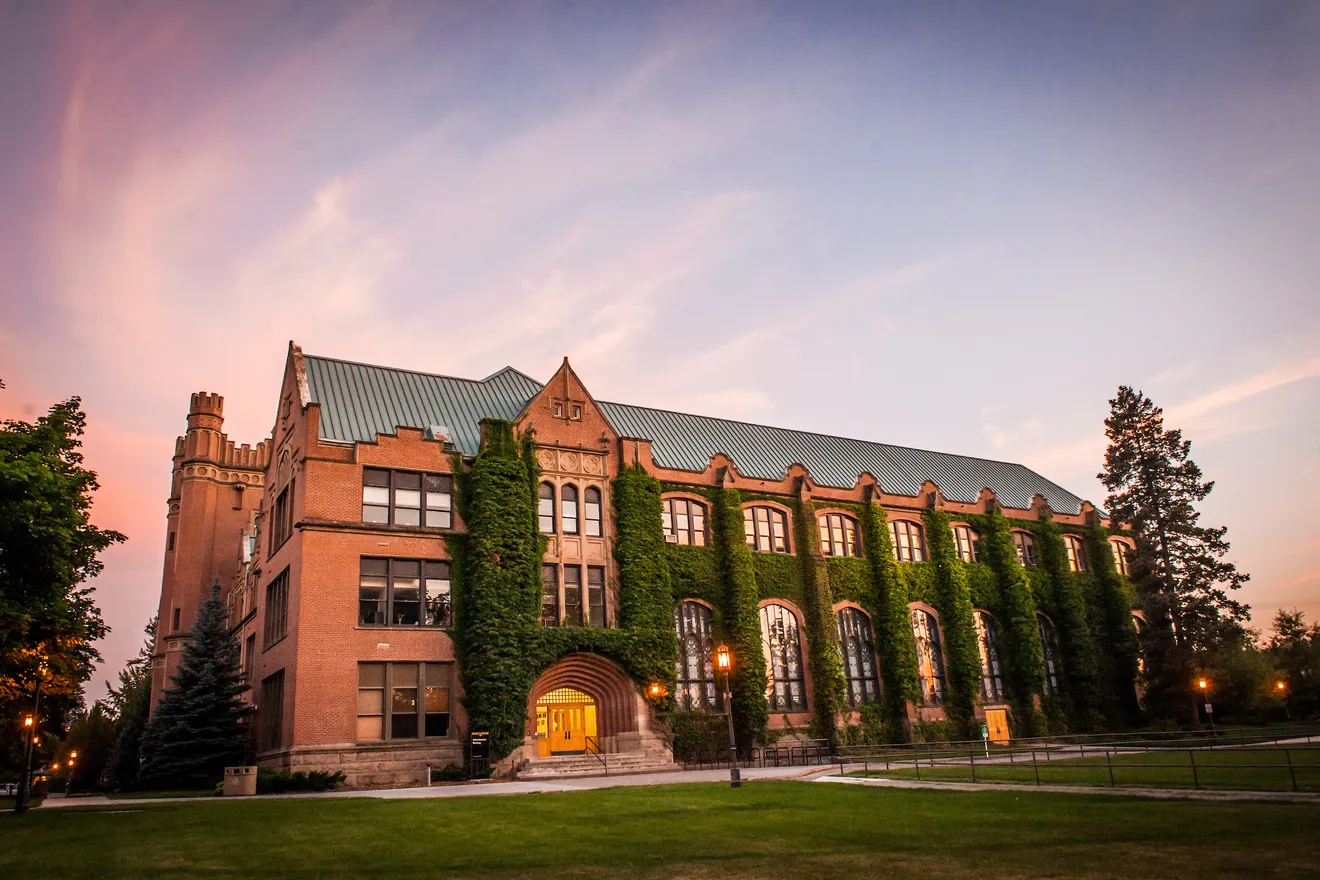


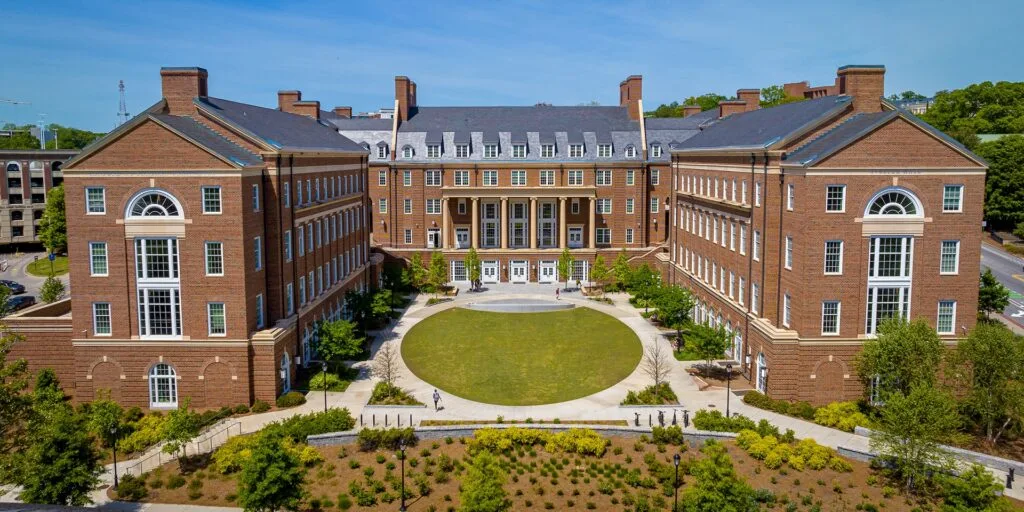



.png?locale=en)
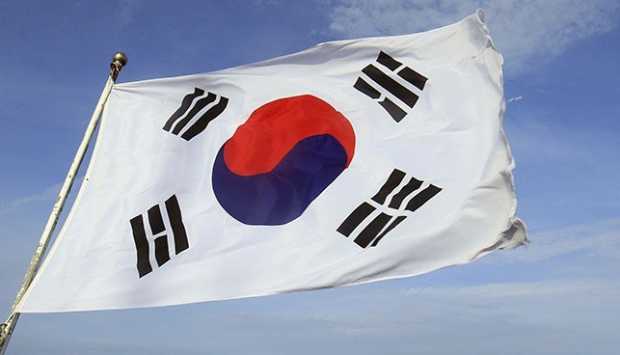


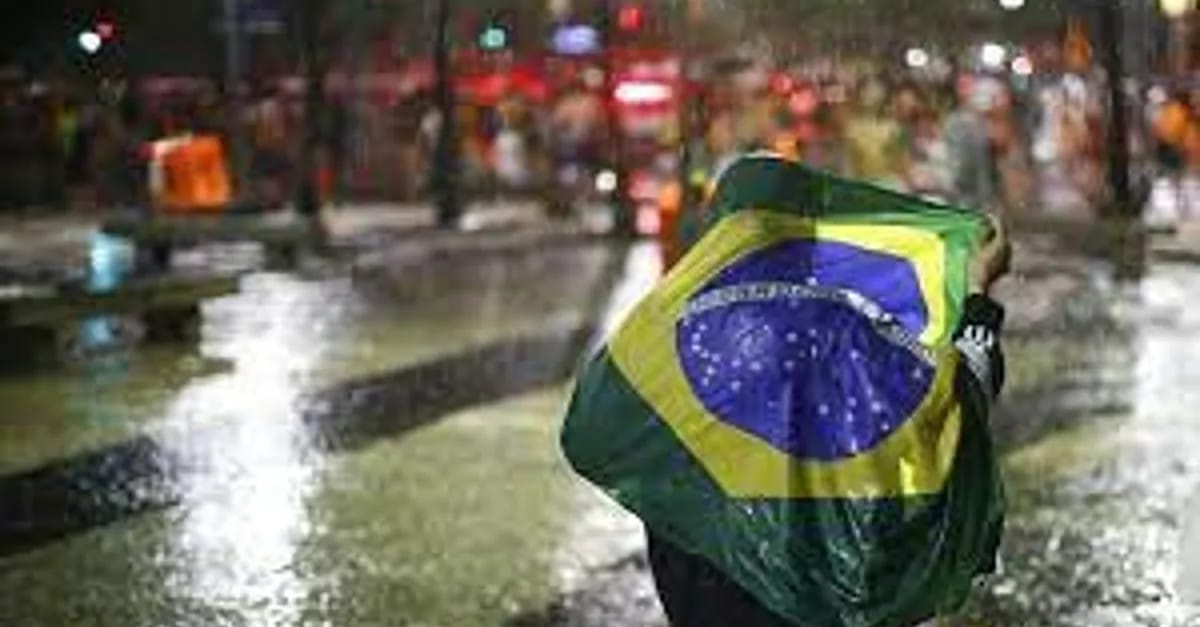
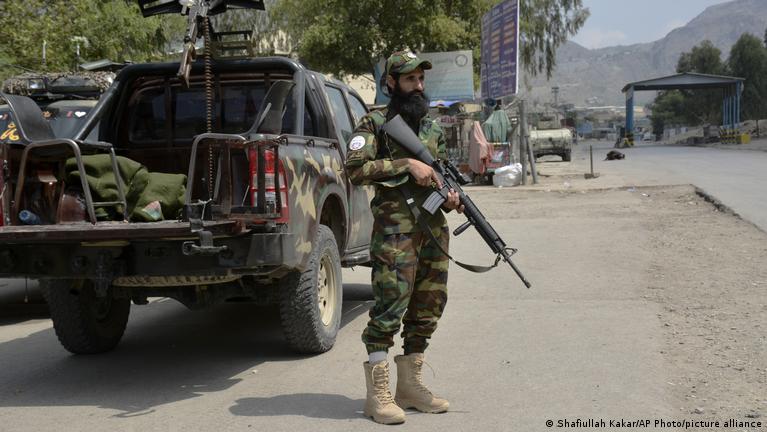


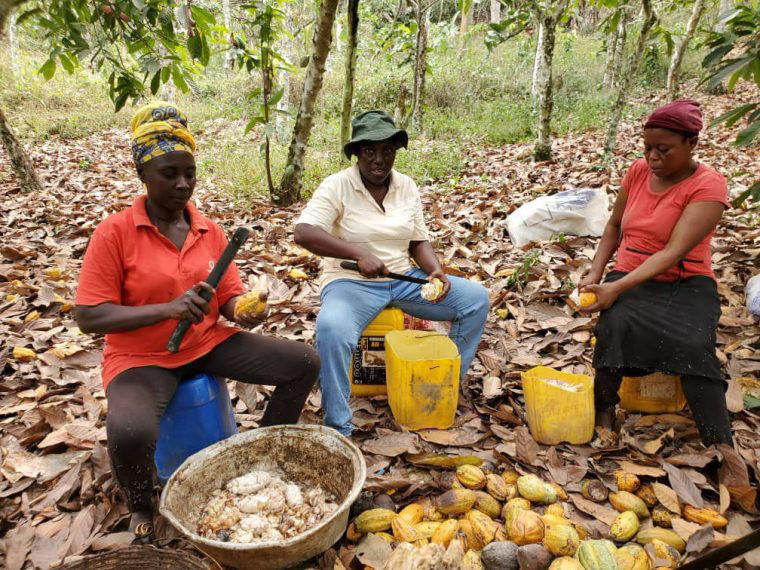
.jpeg?locale=en)
